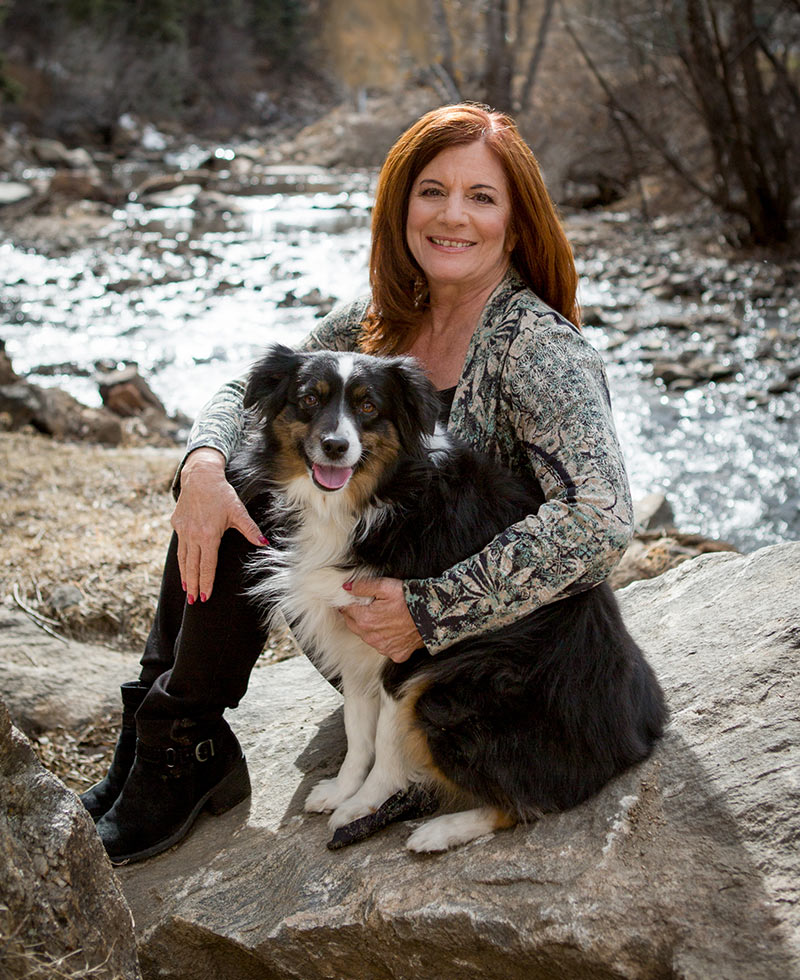Loss is part of the natural cycle of life. When you lose someone close to you, the space they leave behind can seem palpable. The realization that they are gone can be hard to face and you may want to curl up in a ball and hide. It’s important to know we shouldn’t avoid or hide our feelings. With grief can come some uncertainty or anxiety. Especially as we see the changes in our mood and mental state.It’s vital we recognize the signs of grief and know that while it is a natural reaction to loss, any severe symptoms should be discussed with your doctor.
Grief is an emotional state, it can feel overbearing and heavy. Grieving is a process of learning and adjusting to life without someone. During this time you may experience a variety of emotions such as longing, anger, sadness. You may feel lost or confused. This period can be painful and it takes time.
Grief can manifest as physical pain also known as phantom pains. It can be very intense and can be anywhere in your body. You could have an upset stomach, decreased focus or general aches. Fluctuation in weight and change in sleep patterns may happen as well.
Grief can sometimes look like depression. Not only does it affect sleep, it can also affect your ability to think or remember. These cognitive challenges are also a source of stress and worry. Make sure you eat well or take up people’s offer of help and food. You need to begin to nourish your soul as well as your body to help feed your brain.
Remind yourself what you are experiencing is a valid part of healing; there is no time frame on your grief. We can be our own worst critics. Be kind to yourself and give yourself some grace. Allow yourself time to heal. If you didn’t already know, you are allowed to cry. Check in on yourself and sit in your feelings sometimes. It’s better to get through your feelings than over them.
If you are managing physical symptoms of grief, light activities such as yoga can allow you to release some of that pain. If yoga isn’t for you try walking a hiking trail. Any activity that allows you to be mindful. For some that activity is simply getting out of bed in the morning. Celebrate even the smallest of your victories because each step is moving forward.
Interestingly, when we can come together, getting through it can be better. If you have the support of people around you that will allow you to lean on them but also give you the space you need it can help you adapt. You’ll find the loneliness starts to fade and your strength comes back. It is okay to tell a family member or friend that you just need them to listen and not give advice.
Another great way to deal with your feelings is to journal. Writing down your thoughts can help you sort the emotions you are feeling and why. It can be extremely therapeutic to release that negativity and sadness. This is a great tool if you aren’t comfortable approaching someone.
If your symptoms cause you worry seek out advice from a mental health professional or grief counselor. They may be able to help you work through emotional challenges while you tend to your physical needs.


